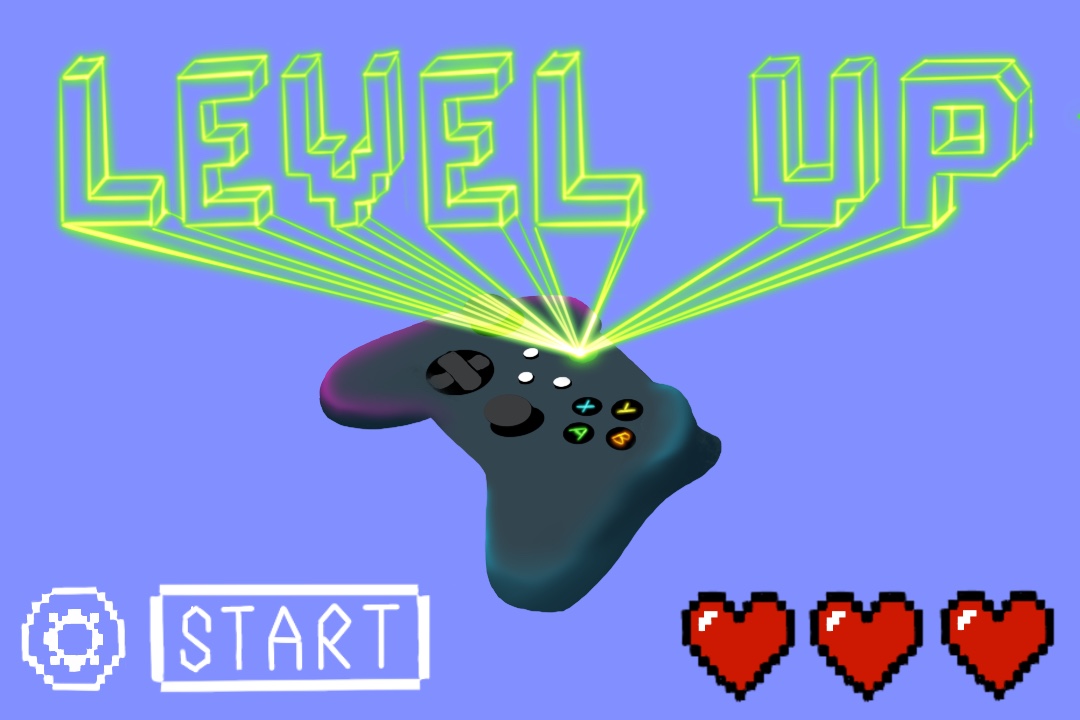Stop me if you’ve heard this one before. A likeable white guy wakes up. He goes to his boring job with a sneaking suspicion that he has a greater purpose to serve. A beautiful girl walks by and, thanks to her, he comes to realize his seemingly mundane life has been a lie.
This is the plot of The Truman Show. And also The Matrix.
Free Guy, a recently released Disney movie, offers a video-game-esque twist on this classic simulation genre. It features the story of a bank teller — a simple man named Guy — who realizes that he is a non-player character (NPC) in a GTA-like game called “Free City.” In Free City, players must wreak havoc and level up by completing missions such as robbing banks.
As is often the case for simulation movies, Free City’s world parallels our own: it features a two-tiered system in which a select few are born into privilege, for whom laws are just suggestions.
As one might expect, the two-tiered system prompts its protagonist to revolt against it. Guy’s speech rallying his fellow NPCs against this system hits the right notes, particularly when he asks whether they want to rebel against the game’s design and stop being background characters. The film ends with a glimpse of an admittedly radical paradise — one without cops or banks, a world where everyone can live authentically, surrounded by all the bubblegum ice cream they can eat.
But despite its socially progressive messaging, Free Guy cannot escape its raison d’être. It’s only the latest in Hollywood’s scramble to grab on to the gaming industry’s coattails — after all, video games are the dominant cultural artform, bringing in four times more revenue than box offices.
Free Guy goes a step further than other crossover attempts by serving as a love letter to the gaming industry as a whole — it features gaming lingo, cameos from popular Twitch and YouTube streamers, IGN reporting, and homages to games like Fortnite, Grand Theft Auto, and Halo. But Free Guy’s engagement with video games is only skin deep. For example, the cultural debate surrounding the first key conflict in the film — the senseless violence in video games — go largely unexplored. Is it wrong for video games to be violent? Does how you act in a game reflect on your moral compass in the real world?
A second key conflict in the film is the cartoonish villain Antwan facing off against two indie game developers. Antwan, whose personality constitutes every caricature of a technology CEO smushed together, sweeps in to lecture poor, idealistic Keys about how intellectual property (IP) laws reign supreme in today’s media environment. Minutes later, Guy, while battling a version of himself — demonstrating the way that even humans can be converted into IP— pulls out weapons from every major universe that Disney owns IP in; the scene seems almost to be an ad for Disney+, Disney’s streaming service.
While this self-awareness could generously be read as subversive critique, it’s never explored further. The same is true when Keys tries to explain to Antwan that there are more important aspects of life than money. The irony of this scene in a Disney release whose success will be judged precisely on how well it outperforms box office expectations falls flat.
It’s no longer very subversive when a big corporation sells the story of a powerless man against a media powerhouse — if anything, it’s standard operating procedure. Like most other mainstream blockbusters, Free Guy wants to be a movie for all demographics to relate to — which, in the end, means that it’s never clear where it stands.
There’s something absurd, almost self-defeating, about pondering the ethical implications of a film that will be remembered more for Channing Tatum doing Fortnite dances rather than for any of its messaging. But Free Guy has a premise that, when done right, could tackle all kinds of deep philosophical questions. One can’t help feeling that the movie, while it may have started as a great idea, got lost somewhere in its development.


